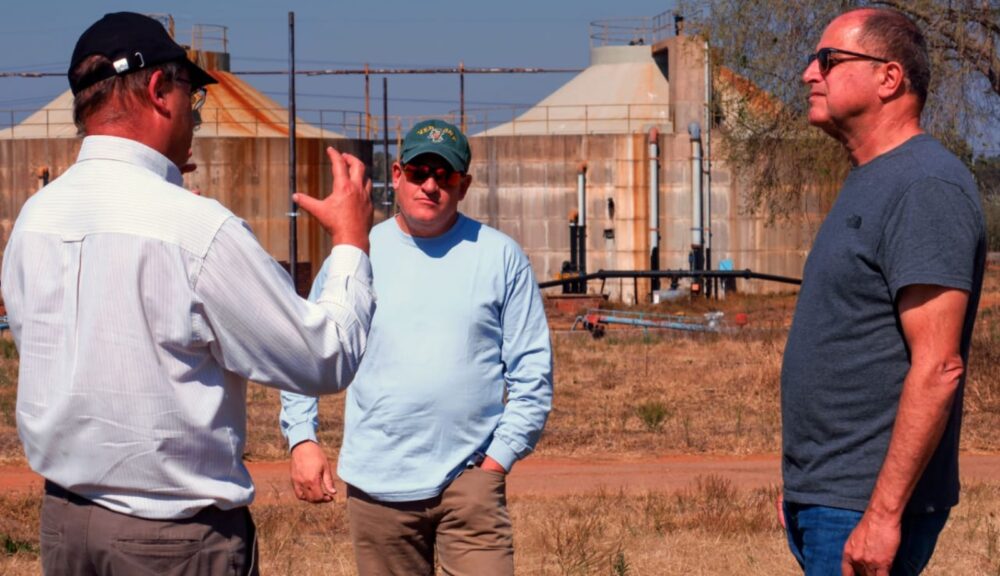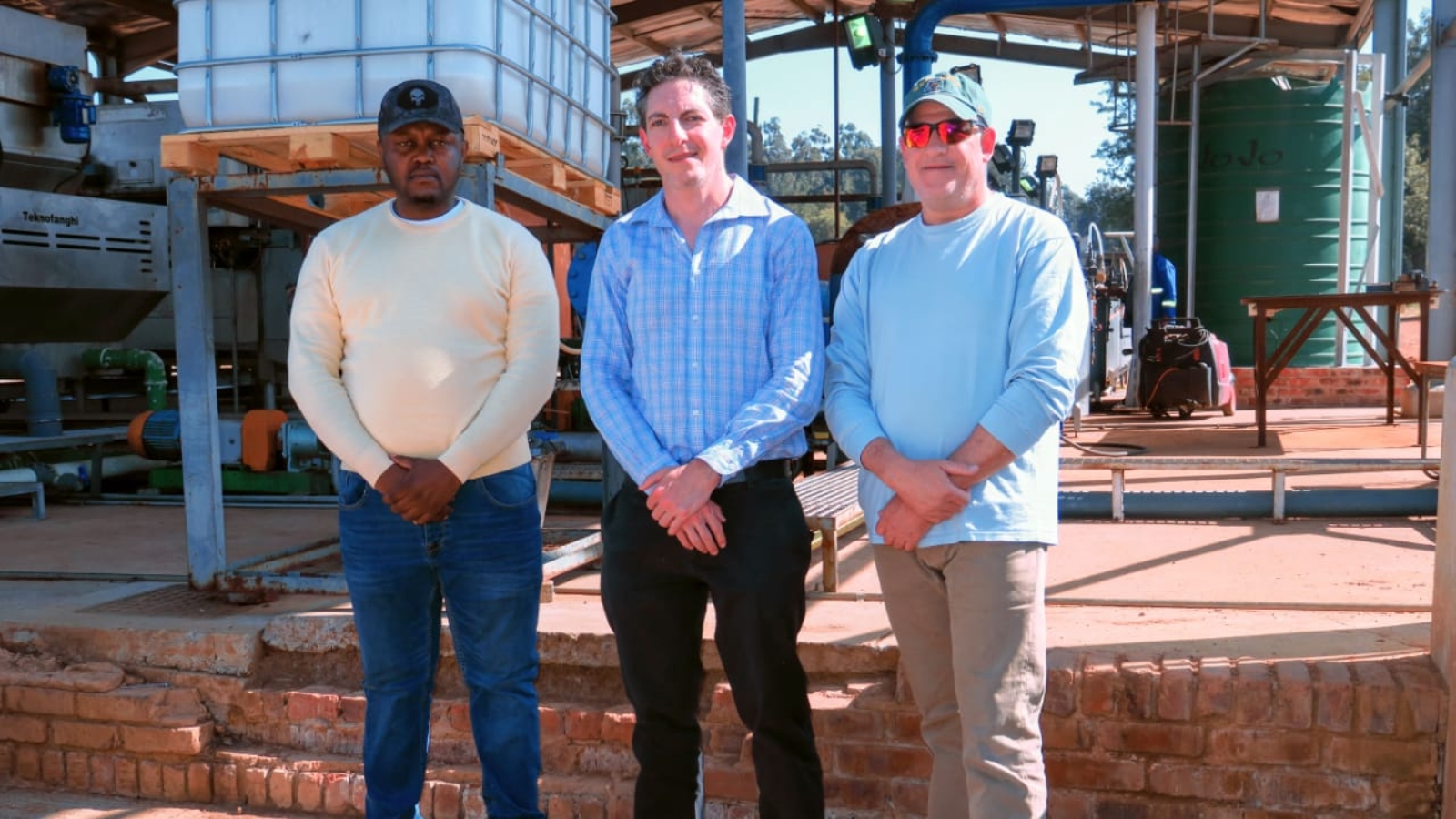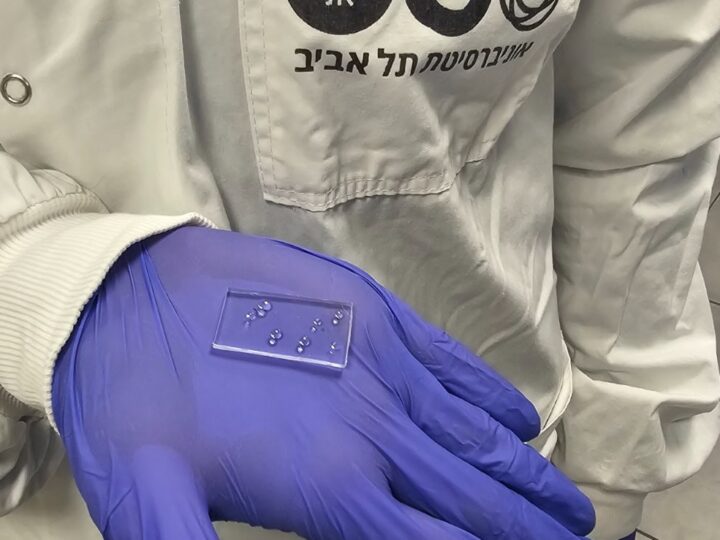A delegation of Israeli water experts arrived in South Africa earlier this month for consultations with local municipalities on crucial issues affecting water infrastructure and how Israeli technology can help.
The visit, organized by the Jewish National Fund of South Africa (JNF-SA), included a public panel discussion titled “Joburg’s Water Crisis: How Can Israel Help?” featuring Johannesburg-raised Clive Lipchin, director of transboundary water management for the Arava Institute for Environmental Studies in southern Israel.
Lipchin has worked globally with institutions such as the International Monetary Fund, and with Jordanian and Palestinian water treatment teams, and recently hosted a group of water technology academics from South Africa’s University of the Free State seeking water solutions in Israel.
JNF-SA explained that South Africa is plagued by many water-related issues. Leakage alone wastes as much as 37 percent of urban water. Inadequate or broken wastewater infrastructure leads to disease and a lack of drinkable water supply. Already, Nelson Mandela Bay can no longer supply municipal water.
The technologies that Israel developed include drip irrigation, desalination, leak detection, drawing water from the air and wastewater recycling. Israel is the world leader in wastewater recycling, with 90% being treated and reused for agriculture.

Randal Williams, Executive Mayor of Tshwane, issued a statement saying he welcomed the Israelis “to support us in improving wastewater management in Tshwane … and to discuss how we can leverage their expertise.”
“This delegation offers an important opportunity for South Africa and Israel to work together to help solve these issues,” he said. “The team will conduct site visits with city officials, culminating in recommendations to improve the capital city’s water management.”
Rowan Polovin, National Chairman of the South African Zionist Federation, added, “This cooperation between South Africa and Israel is a welcome step forward for our country towards mitigating its serious water crisis, and we hope that other municipalities will follow suit.”
Fighting for Israel's truth
We cover what makes life in Israel so special — it's people. A non-profit organization, ISRAEL21c's team of journalists are committed to telling stories that humanize Israelis and show their positive impact on our world. You can bring these stories to life by making a donation of $6/month.









